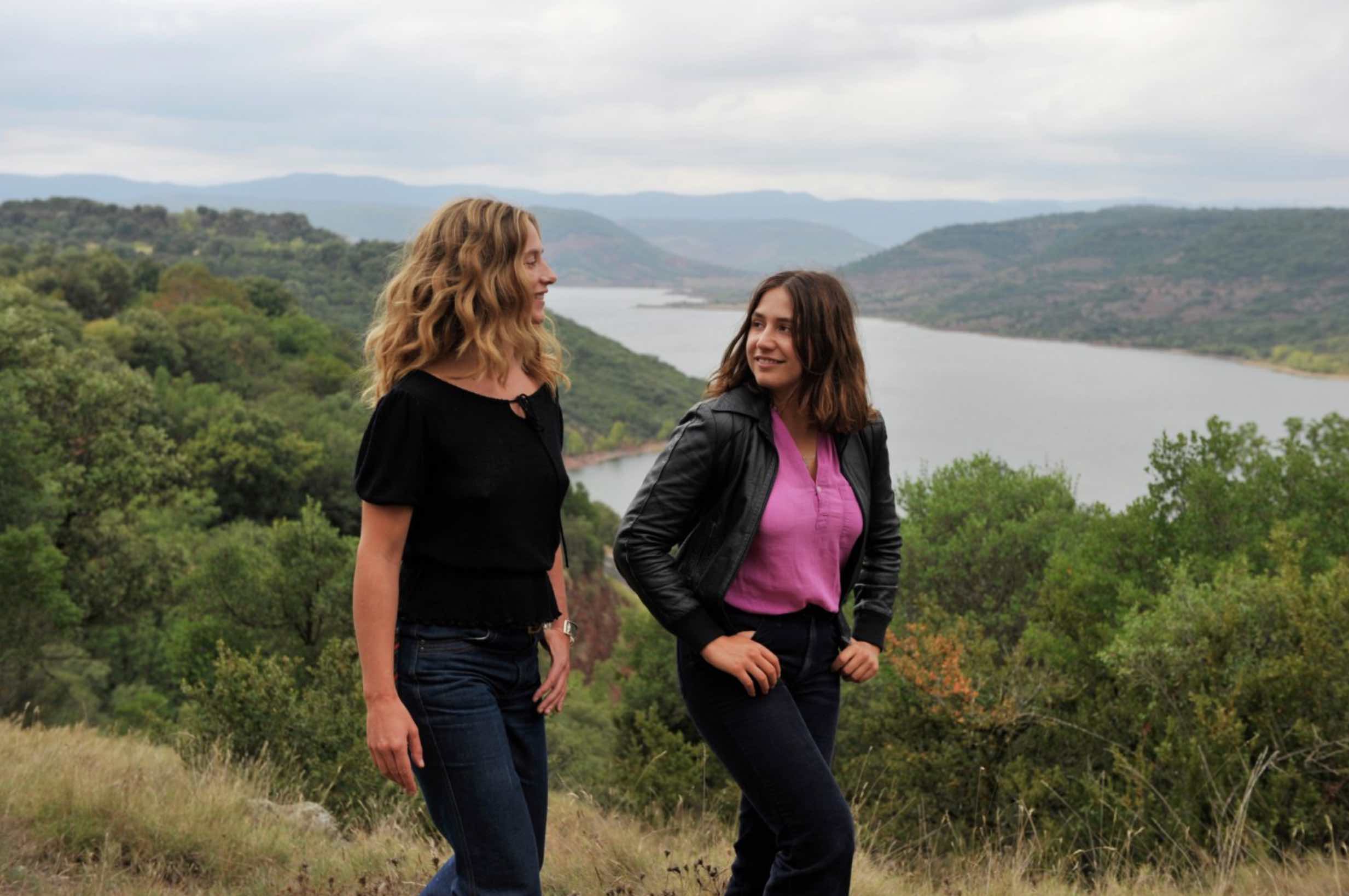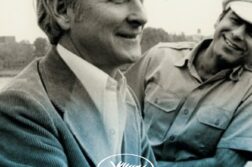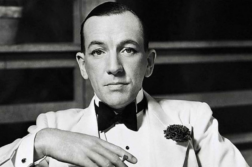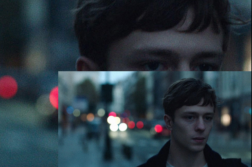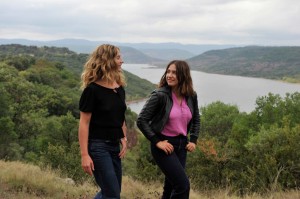 IN SUMMERTIME (La belle saison), screenwriter–director Catherine Corsini takes us to the halcyon days of early 1970s French feminism, when a small action cell of women meets to plot high-spirited “zaps” and to leaflet public streets and monuments. Into their midst she places an innocent young woman from the provinces. Solid but open-faced, Delphine (Izïa Higelin) works with her father on the small family farm. Her heart has just been broken by a local girl who decided to go the traditional route and marry. This encourages Delphine to flee her isolating agricultural community in a rural Limousin backwater, where she hasn’t the option to casually announce her sexual preferences. Indeed, everyone assumes Delphine to be tacitly engaged to her childhood friend Antoine, a neighboring farm boy who appears honorably ready to wait for Delphine to be ready to wed.
IN SUMMERTIME (La belle saison), screenwriter–director Catherine Corsini takes us to the halcyon days of early 1970s French feminism, when a small action cell of women meets to plot high-spirited “zaps” and to leaflet public streets and monuments. Into their midst she places an innocent young woman from the provinces. Solid but open-faced, Delphine (Izïa Higelin) works with her father on the small family farm. Her heart has just been broken by a local girl who decided to go the traditional route and marry. This encourages Delphine to flee her isolating agricultural community in a rural Limousin backwater, where she hasn’t the option to casually announce her sexual preferences. Indeed, everyone assumes Delphine to be tacitly engaged to her childhood friend Antoine, a neighboring farm boy who appears honorably ready to wait for Delphine to be ready to wed.
Shaken by her secret girlfriend’s defection, Delphine plants herself in the big city to try out new wings. One day, heading to the bus stop, she’s amused by a group of raucous young women running down the street “goosing” male pedestrians; she joins them on the bus in gales of laughter and feminist bravado. Soon smitten by one particular woman, the firebrand Carole (the blond Belgian beauty Cécile de France), Delphine diffidently volunteers to mimeograph leaflets and participate in zaps, unaware that Carole is in a relationship with a man, Manuel, a sympathetic left-wing writer. So it is Delphine who puts the moves on Carole, who retreats at first. But not for long—and soon the older and presumably more sophisticated Carole is caught between her commitment to Manuel, who’s not okay with losing his woman to a woman, and the eager, sexually skilled farm girl Delphine.
A less adventurous French film might have turned this into a tense erotic triangle played out in the hothouse world of young Parisian sophisticates—Carole and Manuel—versus a clueless naïve, Carole. But director Corsini and her cowriter Laurette Polmanss move the action to the countryside when Delphine’s father, a gruff man of the soil, suffers a stroke. He remains a mute presence once back from the hospital. So Delphine returns to the farm to help her long-sacrificing mother, Monique, run the family business. Carole, in thrall to her first lesbian relationship, follows her new girlfriend out to countryside. The two play the part of best friends, meanwhile sneaking erotic encounters out in the open fields where the cows distantly moo and the sun shines on their breasts and buttocks.
Themes of secrecy and jealousy play out in the parched rural landscape. Antoine, Delphine’s loyal and patient suitor, discovers the nature of the women’s relationship. At the same time, the women’s indiscretion inside the quiet farmhouse leads Delphine’s mother to a realization for which she’s hardly prepared. Meanwhile, the teasing intimacy between Carole and Delphine is inadvertently discovered by one of the neighboring farmers. Soon Delphine’s secret is fodder for the locals.
In shifting to the manly farm community—its rituals and conventions—Corsini has cleverly but sympathetically drawn a comparison between the feminist women’s group back in Paris and the men’s communal business model in rural Limousin. How and whether Carole and Delphine’s relationship can survive becomes the key question as issues of loyalty—to one’s upbringing, to one’s familial responsibilities, or to one’s heart—frame the sometimes unsettling, deeply felt, and surprising denouement.
Summertime
Directed by Catherine Corsini
Written by Catherine Corsini and Laurette Polmanss
Allen Ellenzweig is writing a biography of celebrity portrait and male nude photographer George Platt Lynes (1907-1955).


